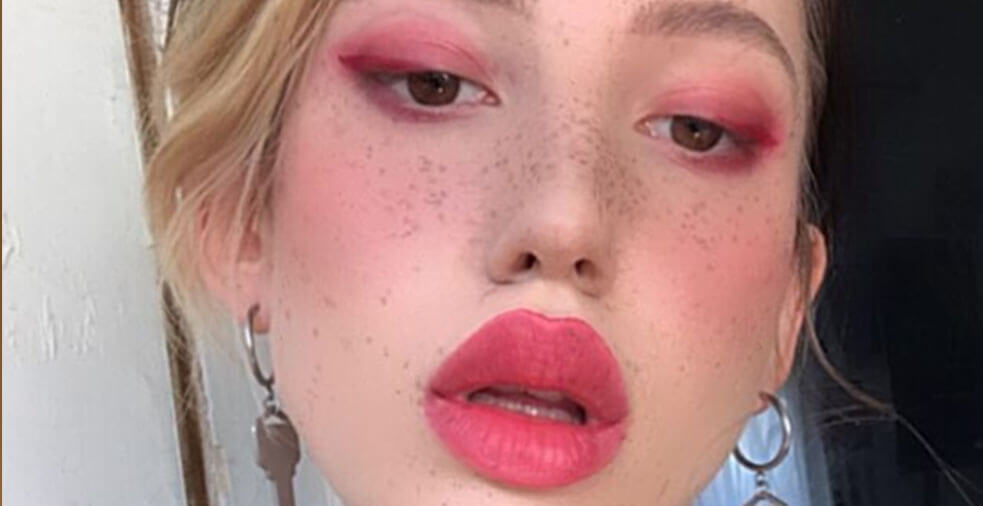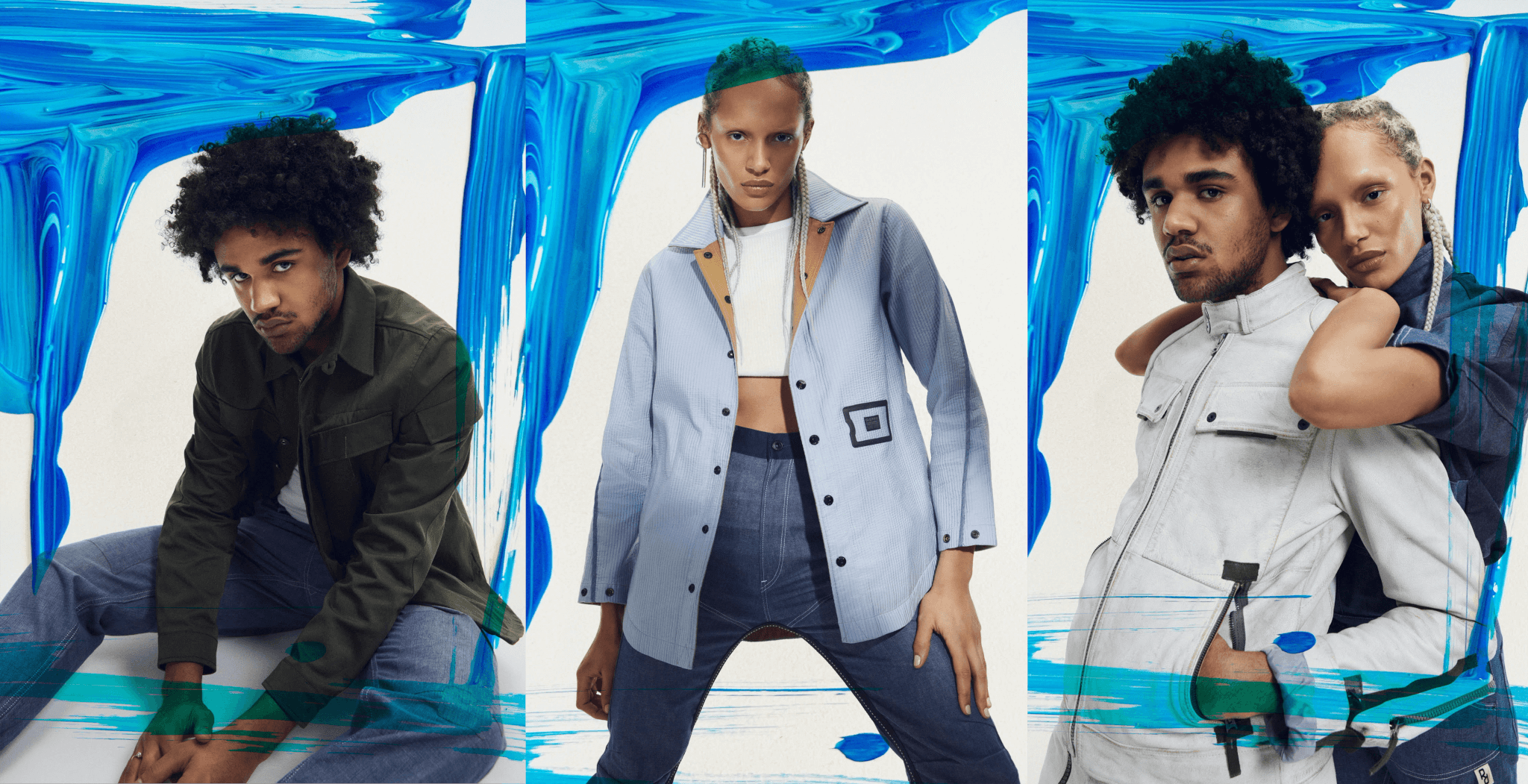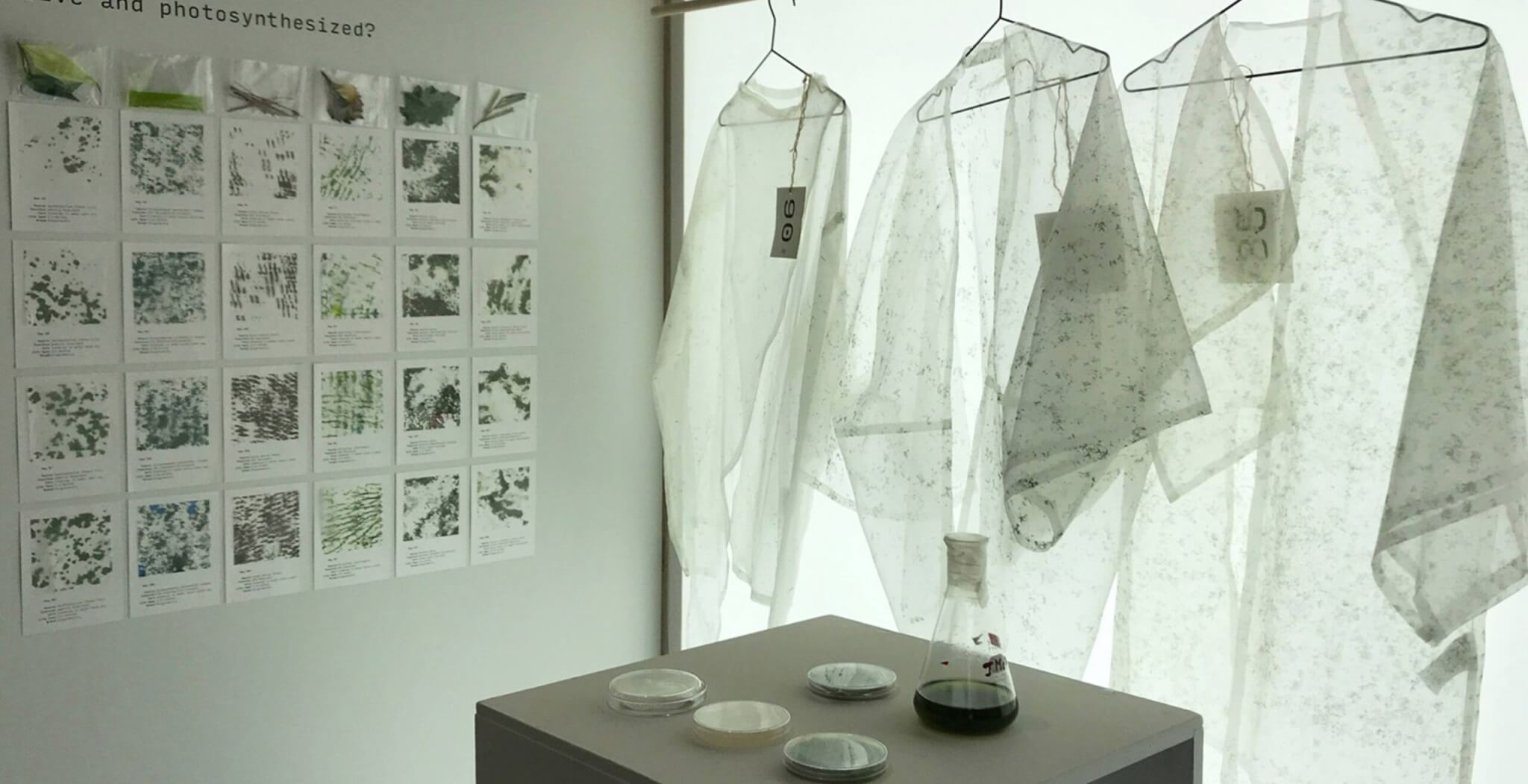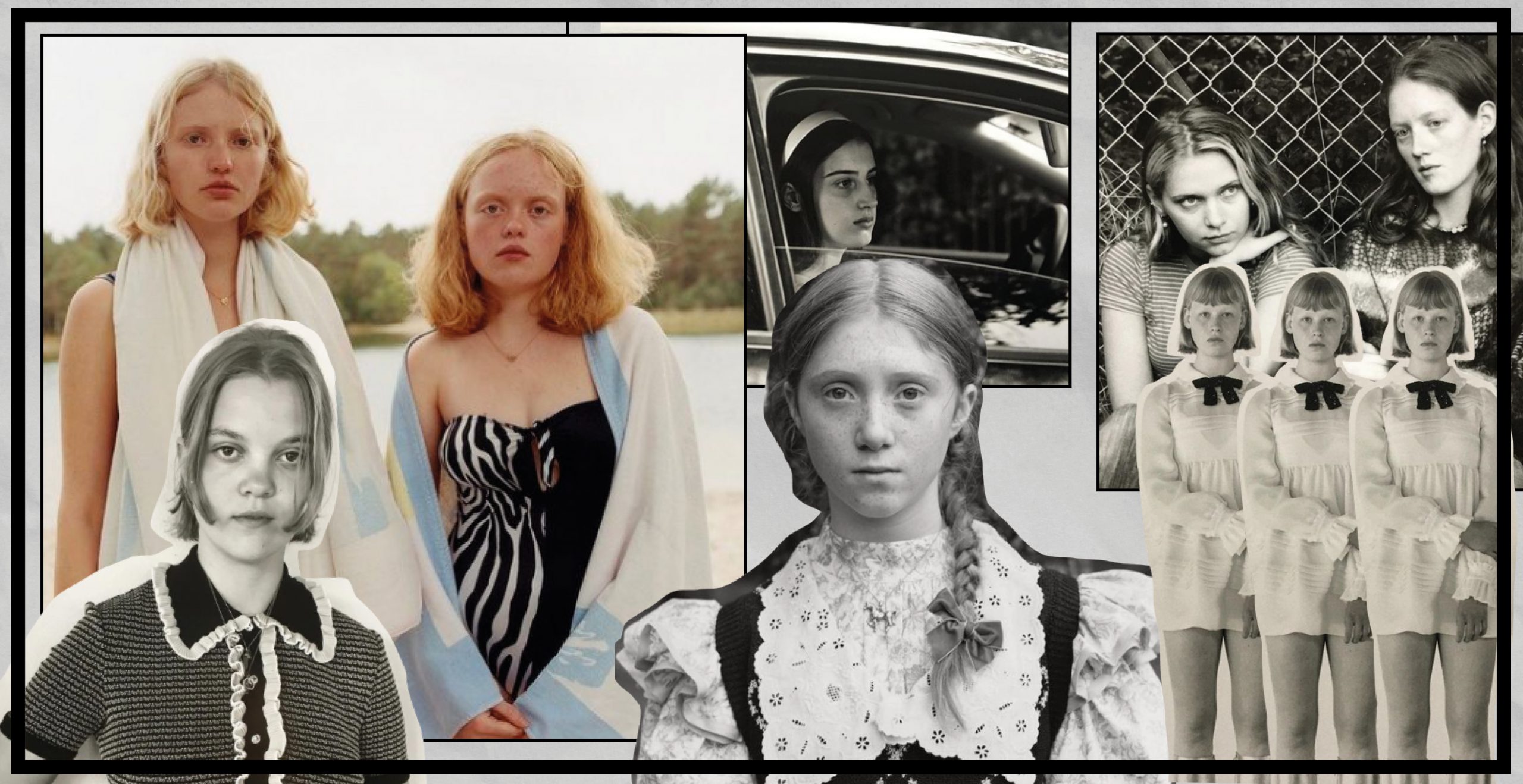In this day and age, non-invasive surgical procedures are all the rage. Everyone wants bigger lips, squinted eyes, and basically to look like a member of the Kardashian Klan. While not everyone has the financial means to change the way they look, there is an easier option now.
Scrolling through Instagram you’ll see pictures and videos of people enlarging their facial features to extremes. The only difference is, that they haven’t actually gone under the knife, but actually just used a filter to modify their looks.
Over the summer update to the app allowed people to create their own filters to share with the platform. Ever since, there has been an exponential rise in the usage of filters that can modify your face. More and more users are using these filters to make their lips bigger, and their eyes smaller. Some of the filters would actually be really cute, if they didn’t make you lips twice the size. A lot of them have extremely cool elements, such as making your face look all chromatic and shiny, or making AR butterflies fly around you head, but I don’t understand why so many makers of these filters feel the need to change the natural face shape of a person into something else. The problem with this, is that seeing an image of your face, completely modified, can make users wish they looked like that all the time, in turn even making them want to get surgical procedures to look more like them. Face-changing filters can make people feel a lot worse about the way they look when they’re not hiding behind a filter and even cause body dysmorphia. I’ve had countless friends and people I follow on Instagram post pictures with the holy maria filter saying that they wished they looked like this.
The filters can give you a twisted beauty ideal and harm your self-image. Especially younger users who are more susceptible to these things are affected by them. Social media is harmful enough as it is. We don’t need to make it worse by hiding behind masks of what we really wish we looked like.
A recent psychological study found a direct link between social media usage and the desire to increases the desire for cosmetic surgery among young women. 118 women from the ages 18-29 were asked about their social media usage and their satisfaction with their appearance and desire to undergo cosmetic surgery. The results showed that users who were viewing more images of females that had had surgical enhancements done were less satisfied with their looks and more likely to want cosmetic surgery. If this doesn’t say it all, I don’t know what does.
What’s interesting to me to see about these filters is that they oftentimes tend to mimic features typical to POC. The filters reflect current beauty standards it only takes one scroll on social media, gazing through a magazine or even a glimpse at a reality TV show to know that the “fuller lip look” has swept over the Western world. Inspired by Kylie Jenner or someone of the like, there has been a huge shift in how big lips are perceived. Up until not too long ago bigger lips weren’t seen as a desirable feature and some POC were even made fun of for having fuller lips. Ah, the irony.
As a half-vietnamese woman, who’s been made fun of while laughing because my eyes were squinty it’s strange to see that people now embrace this look so heavily. I’ve learned to love the way I look when I smile and embrace my squinty ass eyes- but that’s my face, and those are my features, and they are not yours.
Now, thank the lord, Instagram is making a change, saying in a statement that they believe filters that appear to show lip filters, facelifts or other well known cosmetic procedures could be damaging to their users wellbeing. This decision has come after the social media app started to realize that their platform can be damaging to the users mental health. This ban represents a step towards an Instagram that prioritizes the mental health of its users and encourage transparency. (Read more about Instagram’s changes in light of mental health here)
I hope that the filters that were removed come back without the plastic surgery effects. Filters after all should be fun and uplifting, and not perpetrate this trend of fakeness that can be so harming.



























